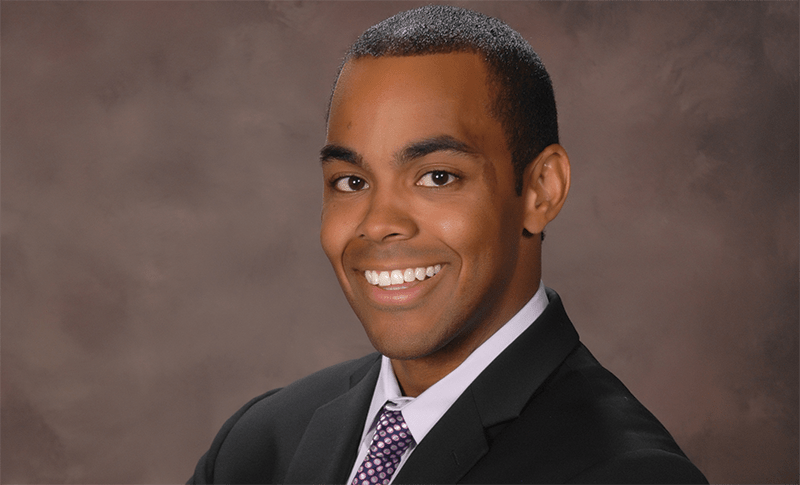What is it like to be a board of pharmacy member? This feature goes behind-the-scenes for an in-depth look into a board’s inner workings.
Lemrey “Al” Carter, MS, PharmD, RPh
Member of the Illinois State Board of Pharmacy
When were you appointed to the Board of Pharmacy?
I was appointed by former Governor Bruce Rauner to the Illinois Department of Financial and Professional Regulation, Division of Professional Regulation – State Board of Pharmacy on May 27, 2015. I am a pharmacist member.
What steps should a board member take to be successful in their role?
One of the first things a board member should do to be successful is learn about all the different practice settings. I have always practiced in community pharmacy and, outside of my rotations in my sixth year of pharmacy school, was not exposed to compounding pharmacies, institutional settings, etc. It benefited me to talk to pharmacists in those practice settings and learn how they operate and what some of the challenges are that they deal with in providing patient care. Second, I think it is important to become engaged and stay engaged with pharmacy practice, and volunteer in NABP activities and board of pharmacy committees and task forces when opportunities arise. I learned a lot from participating in task forces and writing and analyzing questions for the Multistate Pharmacy Jurisprudence Examination®, etc.
What are some recent policies, legislation, or regulations your board has implemented or is currently working on?
A legislative action set up the Illinois Collaborative Pharmaceutical Task Force, to which I was appointed. It is responsible for addressing how to further advance the practice of pharmacy and workforce conditions. The task force has been charged with looking at pharmacist work conditions and changes that need to be made to the Illinois Pharmacy Practice Act. Some of the recommendations that the Board is currently working on would mandate uninterrupted meal breaks, expand pharmacy technician duties to allow for such things as administering immunizations, and change the pharmacy technician education and training requirements.
Has the Board encountered any challenges to developing and/or implementing these new policies, legislation, or regulations? If so, explain.
Due to the nature of the task force and having members from all areas of pharmacy practice and other professional groups such as labor unions, medical societies, and colleges of pharmacy, you will encounter some challenges along the way. We had our share of challenges. However, our Board members have all come together to learn and understand one another’s positions and made decisions that will incorporate the appropriate recommendations to address each member’s concerns and provide a complete recommendation to the state early-on in the process.
What advice would you give a new board member?
My recommendation for new board members is to read their state’s pharmacy practice act and rules and become very familiar with it. I would also spend some time with experienced board members to learn from them how to be prepared for and proceed in board meetings. Finally, I would advise new board members to get engaged early and often, while being fully committed to providing quality care to the citizens and patients of their state.
Have you served as a member of any NABP task forces or committees, or attended NABP or district meetings? What are the benefits of participating in these activities?
I have served on NABP task forces and committees. I participated on the NABP Committee on Resolutions for two years, the Committee on Law Enforcement/Legislation, and the NABP Task Force to Develop Regulations Based on Standards of Care. In addition, I was chair of the Overview Task Force on Requirements for Pharmacy Technician Education, Practice Responsibilities, and Competence Assessment. It is always fascinating to understand the differences and similarities between state board of pharmacy regulations. I benefited by having the opportunity to network and learn how some board members dealt with specific issues and/or different initiatives in their states. Also, I have been going to the NABP Annual Meeting since 2009 and have attended several district meetings as well. These meetings are extremely beneficial and are where I learn about a lot of initiatives and challenges in pharmacy practice. I don’t think any other meetings provide attendees with the opportunity to network and hear from all 50 state boards of pharmacy. I hope that I am able to attend and participate in NABP meetings for years to come.
You can also find this interview in the November/December 2019 issue of Innovations.
